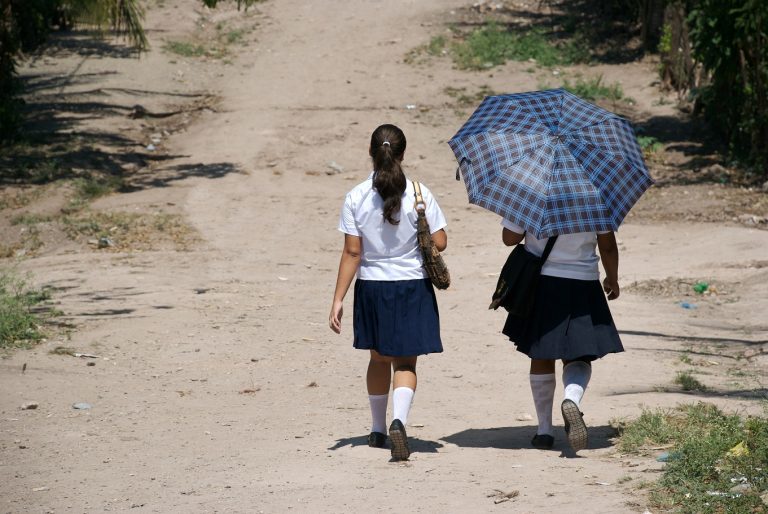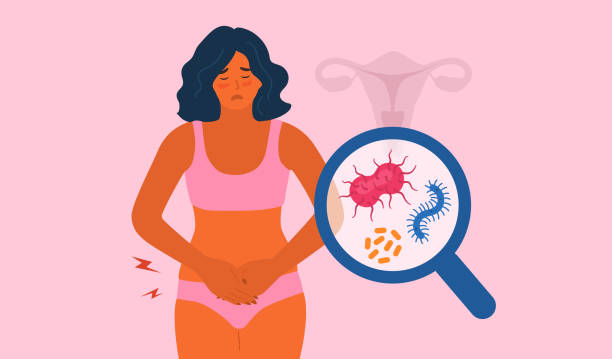In October 2017, the government of Costa Rica added the human papillomavirus (HPV) vaccine to the country’s national vaccination program. The decision to do so was based on the recommendation of the Costa Rican Ministry of Health’s National Commission on Vaccination and Epidemiology (CNVE), which is the Costa Rican government’s equivalent of the U.S. Centers for Disease Control and Prevention (CDC). The CNVE is responsible for “establishing and periodically updating” the national vaccination schedule.1 2 3
In early June 2019, the Ministry of Health, through the Costa Rican Social Security Bureau (CCSS), began a nationwide campaign to administer the HPV vaccine to every 10-year-old girl in the country. It is estimated that more than 35,000 girls will get the vaccine. According CCSS executive president Román Macaya Hayes, MD: “From now on, every year, we will continue to vaccinate girls who turn 10 years old because it will be part of the basic vaccination schedule.”3 4
“The vaccine is mandatory, so in conjunction with the Child Welfare Office (PANI) and in collaboration with the National Police, the State has the power to act in case a parent or guardian, after receiving the correct and appropriate information, refuse to vaccinate their daughter,” Minister of Health Daniel Salas Peraza, MD said.”4
It is unclear which HPV vaccine is being used in Costa Rica. Cervarix is manufactured by the pharmaceutical giant GlaxoSmithKline plc (GSK) of the United Kingdom and Gardasil is produced by Merck & Co., an American pharmaceutical corporation.
During 2004-2005, a phase III randomized clinical trial, known at PATRICIA (Papilloma Trial against Cancer in Young Adults), involving 7,466 Costa Rican women, was sponsored by GSK. The PATRICIA trial, designed to “evaluate vaccine efficacy, immunological correlates of long-term vaccine success and failure, and other factors of immunological and etiological interest,” served as the basis for mandating the HPV vaccine in Costa Rica. The trial determined that one dose of the HPV vaccine could provide “durable protection” against HPV infection.5 6
In addition to the apparent favorable results of PATRICIA and other HPV vaccine trials, however, serious reactions to GSK’s Cervarix and Merck’s Gardasil, which is usually given in two doses, have been reported in the U.S. and other countries around the world. The Vaccine Reaction reported last year that, as of July 2018, there had been…
more than 57,000 HPV vaccine adverse events reported to the federal Vaccine Adverse Event Reporting System (VAERS) since 2006, including more than 15,000 emergency room visits, 5,600 hospitalizations and 358 deaths.7
These adverse events included syncope (sudden loss of consciousness), Guillain-Barré Syndrome (GBS), seizures, acute disseminated encephalomyelitis (ADEM), rheumatoid arthritis, lupus, thyroid disorders, deep vein thrombosis and blood clots, pancreatitis, postural orthostatic tachycardia syndrome (POTS), disabling fatigue, muscle and joint pain, memory loss and speech problems.7
References:
1 Costa Rica introduces two new vaccines into the national immunization program. NITAG Resource Center Oct. 16, 2017.
2 Ministerio de Salud. MinisteriodeSalud.go.cr.
3 Zúñiga A. Costa Rica to begin administering HPV vaccine. The Tico Times Apr. 25, 2019.
4 Zúñiga A. Costa Rica begins nationwide HPV vaccination campaign. The Tico Times June 5, 2019.
5 HPV Vaccine Trial in Costa Rica. National Cancer Institute.
6 Kreimer AR et. al. Evidence for single-dose protection by the bivalent HPV vaccine—Review of the Costa Rica HPV vaccine trial and future research studies. Vaccine Aug. 6, 2018; 36(32), 4774-4782.
7 The Vaccine Reaction Staff. Drug Companies Pay FDA and NIH to Fast Track and Market Vaccines. The Vaccine Reaction Sept. 28, 2018.













6 Responses
I wonder how many Costa Rican girls will have to suffer the consequences of this decision, and whether the Costa Rican government will insist that it’s all just coincidance.
Seems like the article lacks a summary line – now I understand that when reporting facts sometimes it’s best to let the facts speak for themselves, but for us slow learners…
This basically says that Patricia, a study conducted by the manufacturers, apparently failed to report any adverse effects although the US reporting system VERS, was stacking up 57,000 adverse events (and experts have stated that VERS only captures 1% of the total adverse events).
So apparently Patricia ignored any adverse events.
I feel very sorry for the young girls of Costa Rica, I’ve seen the horrible side effects on teenage girls where I live in the USA. The parents were basically Bullied into doing this……and the consequences were devastating. Severe sickness and continual hospital / doctors visits with no relief. They were told the HPV had nothing to do with their illnesses. However, these young girls were not sick before and had never had any of these symptoms / illnesses.
I hope that many families are able to escape Costa Rica in order to protect their precious daughters from this great evil.
HPV as causation of cervical cancer is again, science abandoning Kochs Postulates. DNA virus destroy cells to replicate. Cancer is cell proliferation.
https://sanevax.org/hpv-not-cause-cervical-cancer/
For a condition of the cervix that corrects itself in most healthy women all by itself..within one to two years. HPV rarely turns into cervical cancer and mild changes of cervix correct themselves. Yearly PAP is the answer and herbal remedies and diet. Also do not let penis ramrod up against cervix ..this is the main cause of mild dysplasia that if continuous can lead to problems.